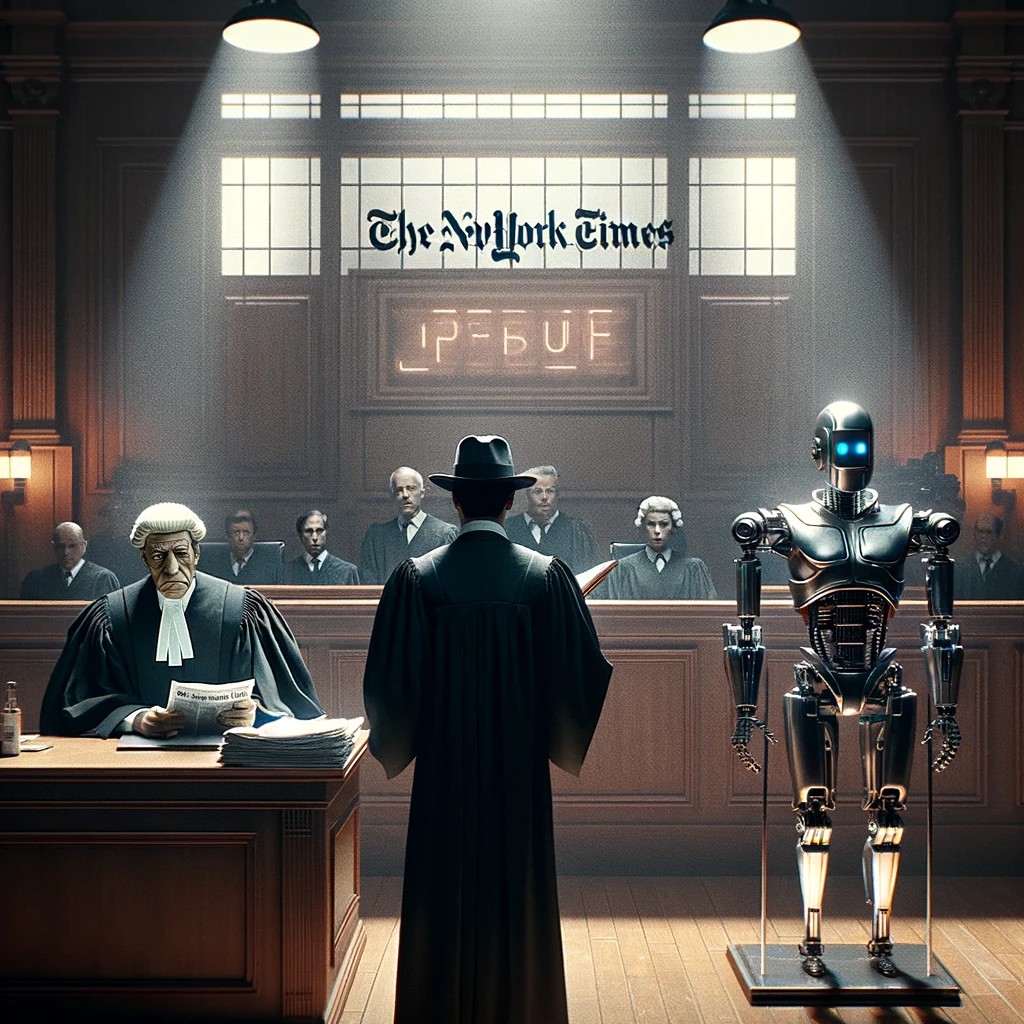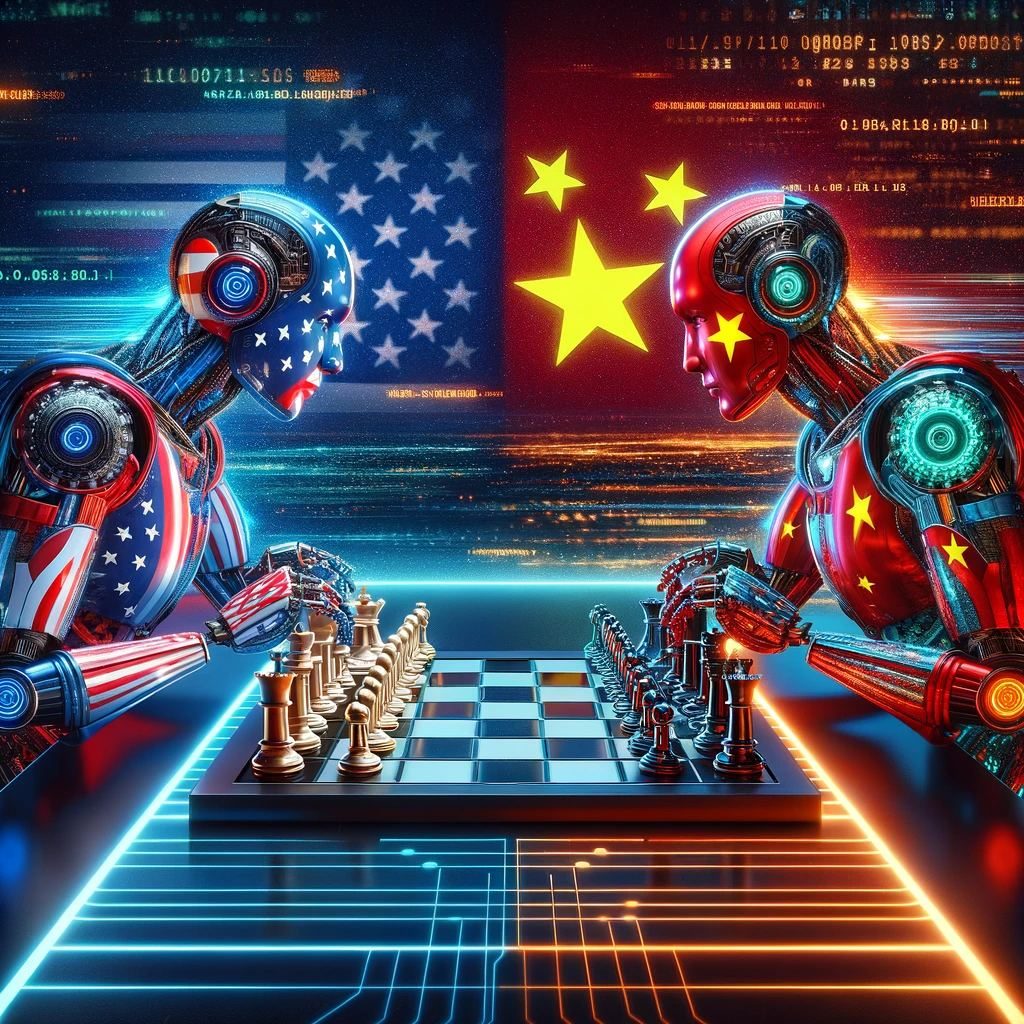In a groundbreaking legal battle, The New York Times has taken a bold step by filing a lawsuit against OpenAI, alleging willful copyright infringement through its advanced AI model, ChatGPT. The crux of the matter lies in the Times’ demand for the destruction of ChatGPT, setting the stage for a potential landmark decision with far-reaching implications for the future of AI development and copyright law enforcement.
Copyright law and destruction Orders – Combatting infringement in the digital age
Under the lens of copyright law, courts possess the authority to issue destruction orders, a power wielded to combat infringement and protect intellectual property rights. Analogies to physical goods, such as pirated vinyl records and associated manufacturing equipment, provide a precedent for this legal course of action. The Times argues that ChatGPT, akin to infringing goods or pirating equipment, warrants such a drastic measure due to its purported unlawful utilization of Times’ articles in its training data and output generation.
In the realm of copyright enforcement, the concept of destruction as a remedy is not novel. Courts have historically ordered the destruction of counterfeit goods and related paraphernalia to prevent further dissemination of infringing material. By extending this principle to the realm of AI technology, the Times seeks to establish a precedent that underscores the gravity of copyright infringement in the digital age. However, the application of destruction orders to intangible assets like AI models poses unique challenges, raising questions about the feasibility and enforceability of such measures in a rapidly evolving technological landscape.
The future of ChatGPT – Potential outcomes and legal maneuvers
Despite the potential for court-ordered destruction, the legal landscape surrounding AI and copyright infringement presents nuanced complexities that may sway the final verdict away from OpenAI’s detriment. Settlement emerges as a viable avenue for resolution, offering a mutually agreeable conclusion without resorting to destruction. Also, OpenAI could leverage the doctrine of fair use, asserting ChatGPT’s transformative nature and lack of direct competition with Times’ content to justify its continued existence.
Alternatively, even if OpenAI faces defeat in court, avenues for salvaging ChatGPT remain viable. Demonstrating legitimate, noninfringing uses or presenting alternative solutions to prevent further violations could dissuade the court from mandating destruction. In the event of an injunction against infringement, OpenAI’s compliance efforts, such as retraining AI models or implementing stringent safeguards, may suffice to avert the ultimate demise of ChatGPT.
Lawsuit against ChatGPT – Implications for AI and copyright law
As the legal saga unfolds and the fate of ChatGPT remains uncertain, pivotal questions regarding copyright enforcement and AI innovation come to the forefront. Will the court opt for the unprecedented measure of ordering ChatGPT’s destruction, thereby setting a precedent for the handling of AI models in copyright disputes? Alternatively, might alternative resolutions emerge, paving the way for a compromise between the protection of intellectual property rights and the advancement of technological innovation?
The outcome of this lawsuit holds profound implications for the future trajectory of AI development and the evolving boundaries of copyright protection in the digital age. Beyond the immediate ramifications for OpenAI and The New York Times, the court’s decision will shape the legal landscape surrounding AI technologies and their interaction with established intellectual property frameworks. Whether ChatGPT emerges unscathed, undergoes modifications, or faces destruction, the ruling will undoubtedly reverberate across industries, influencing how companies approach AI development, data usage, and compliance with copyright laws.





